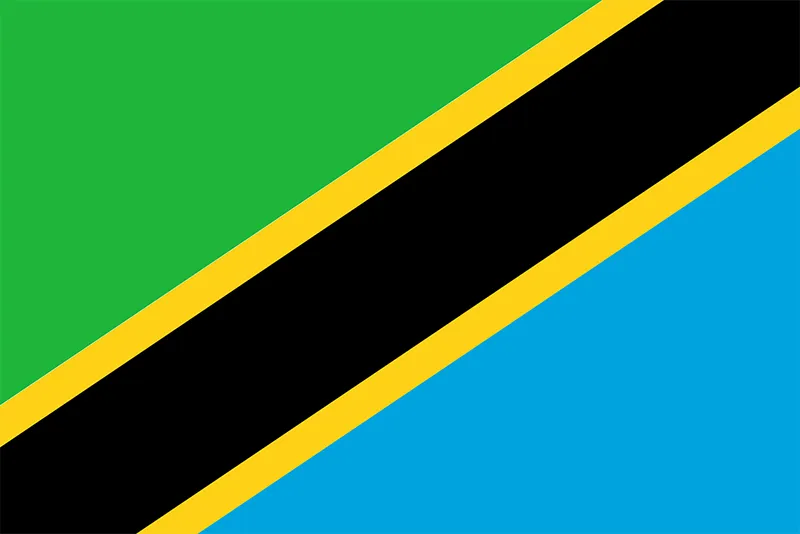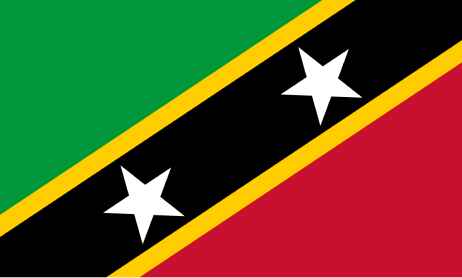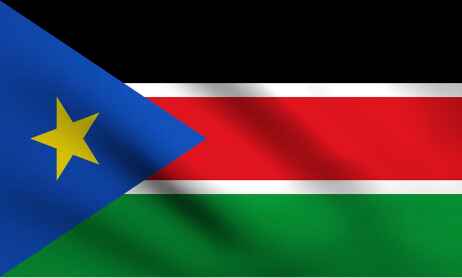The Capital Register of Shipping is a Recognized Organization (RO) authorized by the Tanzania Zanzibar International Register of Shipping to perform a range of marine statutory certification services. This includes the certification related to the International Safety Management (ISM) Code and the International Ship and Port Facility Security (ISPS) Code for vessels registered under the Tanzania Zanzibar flag.
Role and Authority:
As a Recognized Organization, the Capital Register of Shipping has been delegated certain responsibilities by the Tanzanian Zanzibar International Register of Shipping. This delegation is in line with international maritime practices where flag states may appoint recognized organizations to carry out inspections, audits, and certifications on their behalf. The Capital Register of Shipping operates under the authority granted to it by the Tanzanian Zanzibar government, ensuring that ships flying the Tanzanian Zanzibar flag comply with both international conventions and national regulations.
Scope of Services:
The primary services provided by the Capital Register of Shipping include:
ISM Certification: The International Safety Management Code (ISM Code) is an international standard for the safe management and operation of ships and for pollution prevention. The Capital Register of Shipping conducts audits and issues certificates confirming that a ship’s safety management system complies with the ISM Code.
ISPS Certification: The International Ship and Port Facility Security Code (ISPS Code) is a set of measures to enhance the security of ships and port facilities. The Capital Register of Shipping is responsible for assessing the security measures of ships and ensuring compliance with the ISPS Code.
Statutory Certifications: In addition to ISM and ISPS certifications, the Capital Register of Shipping may perform other statutory inspections and issue certificates related to the ship’s structure, equipment, and operations as required under various International Maritime Organization (IMO) conventions such as SOLAS (Safety of Life at Sea), MARPOL (Marine Pollution), and others.
Compliance with International and National Regulations:
The Capital Register of Shipping ensures that vessels comply with the relevant IMO conventions, including but not limited to SOLAS, MARPOL, and Load Line Conventions. Furthermore, they must also ensure adherence to the national maritime laws and regulations of Zanzibar, Tanzania.
No Tonnage Limitation:
One of the key aspects of the Capital Register of Shipping’s authority is that there is no tonnage limitation on the vessels they can certify. This means that they are authorized to certify ships of all sizes, from small coastal vessels to large ocean-going ships.
Importance of the Capital Register of Shipping:
The services provided by the Capital Register of Shipping are crucial for maintaining the safety, security, and environmental standards of the maritime industry. By ensuring compliance with international and national regulations, they help in safeguarding lives at sea, protecting the marine environment, and facilitating international trade.
In summary, the Capital Register of Shipping plays a vital role in the global maritime industry by acting on behalf of the Tanzanian Zanzibar International Register of Shipping to provide essential certification services for ships under its flag. This ensures that Tanzanian Zanzibar-flagged vessels meet the highest standards of safety, security, and environmental protection.










